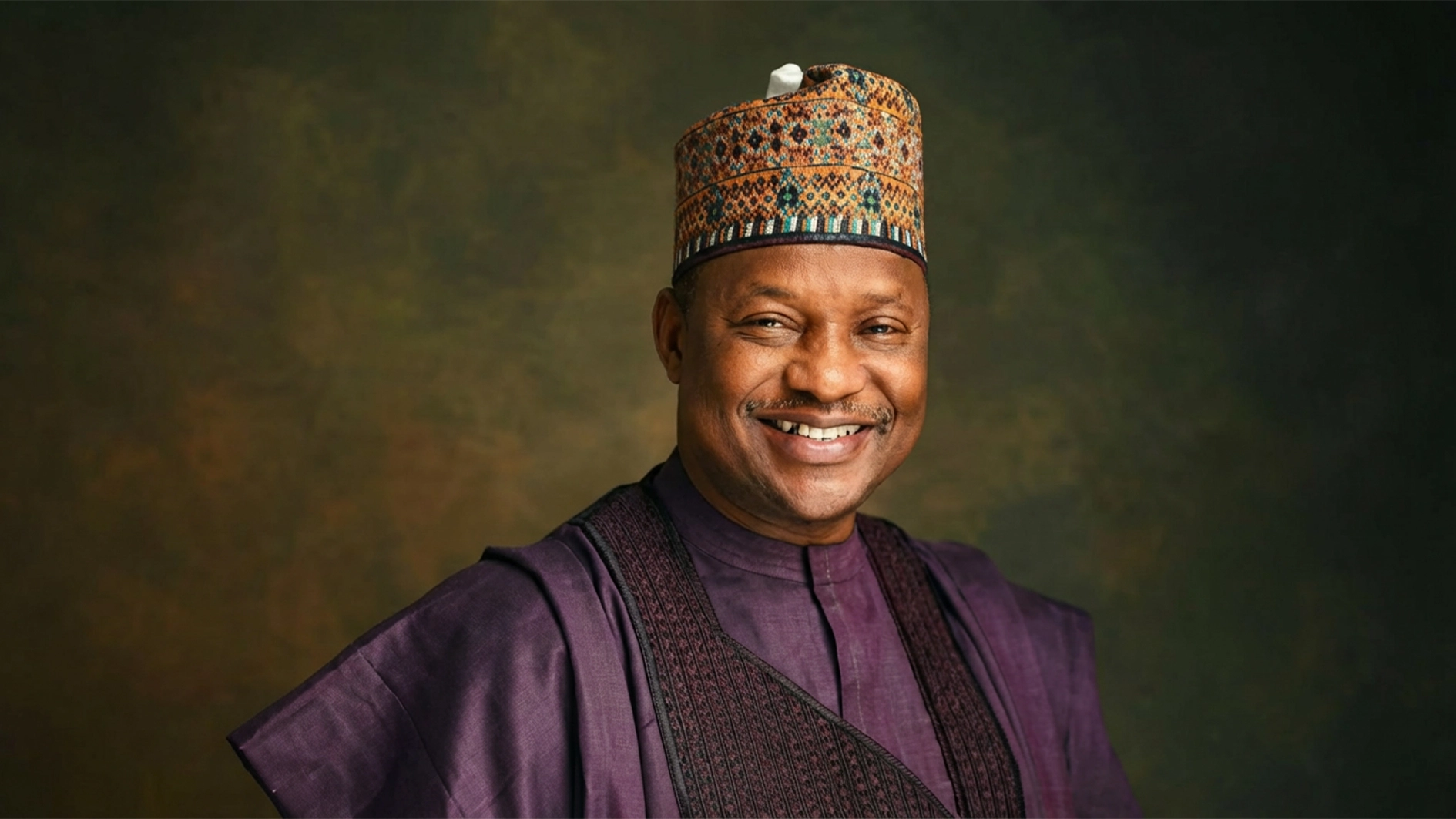
-Chief Tony Momoh, former Minister of Information and Culture.
SIR: Across the nation, institutions of higher learning are in different levels of shut down due to a nationwide strike embarked upon by the Non-Academic Staff Union (NASU), due to the sharing formula prescribed by the Federal Government for the payment of accumulated allowances.
For those unfamiliar with the situation, the Federal Government proposed to share N23 billion amongst four unions in the ratio 89:11; 89% goes to ASUU, while 11% will go to NASU, NAAT, and SSANU. While this sharing formula might be grossly unfair, this is not my focus.
Rather, my focus is on the effects of the strike action embarked upon by the unions on the academic calendars of several higher institutions. The essence of a strike action is to force the authority (in this case, the FG) to shift its position.
Essentially, it is usually a clash of two elephants with the grass suffering. But when one elephant is standing aloof, while the other tramples on the grass in protest, it puts to question the sensibility of the latter elephant.
In my school, Obafemi Awolowo University, the strike action embarked upon by the aggrieved unions took the form of a blockade of the school gate, forcing lecturers, students, visitors, and business people alike, to trek a 30-minute distance under the hot December sun. They cut supply of light and water throughout the school, making simple tasks like bathing and flushing toilets a herculean task. They went as far as chasing lecturers out of classes and beating up some.
Names of graduating students who should be processed for law school admission and convocation was put on hold. These actions forced the school management to announce that the school would be proceeding on an “end of the year break” and also to postpone the convocation ceremony.
The deed has been done, but we should be focused on how to prevent it from reoccurring. And one way to do this is to cut back on the powers given to unions in academic institutions.
Control of essential services like water and light in academic institutions should be extricated from non-academic unions and be transferred to professional bodies, like the water corporation and the electricity distribution company. There is precedent for this in other institutions.
In Nnamdi Azikiwe University, the same NASU strike only resulted in closure of the library, some general lecture theatres, and laboratories.
Other than that, academic activities are still ongoing. At UNILORIN, the story is the same. If the current school management will live up to its vision to ensure a hitch-free academic calendar, it must take some hard decisions.
This move will most likely be opposed by the relevant unions since their bargaining chip (control of light and water) is about to be taken from them. To achieve this, the school should take advantage of the next long holiday in line to implement this alongside overdue renovations to the water and electricity infrastructure.
The right to strike may be generally recognized under Section 40 of the 1999 Constitution as the right to assembly and association, but this same Constitution recognizes in Section 45 that a person’s right stops where it infringes on the rights and freedom of other people.
An academic institution should be the hotbed for liberty of ideas and democratic actions, but when such liberty becomes inimical to the institution performing its primary role, which is churning out the manpower needed to drive national development, then it is high time we questioned such liberties.
Akin Ifeanyi Agunbiade.
[ad unit=2]






